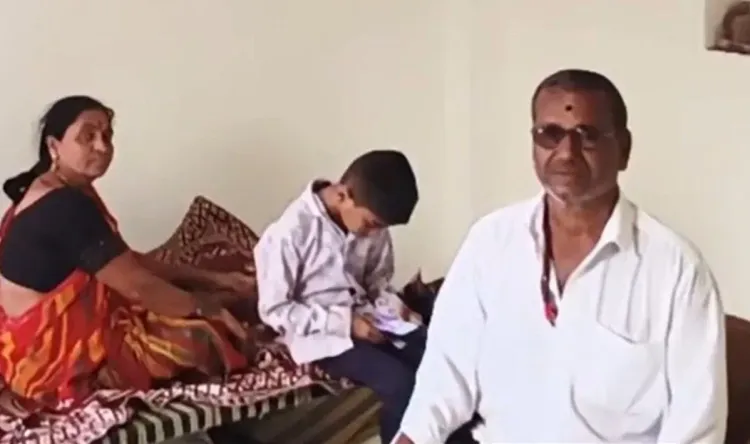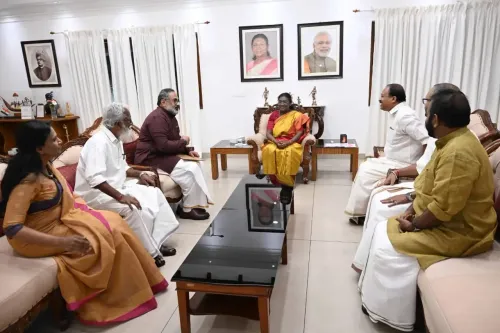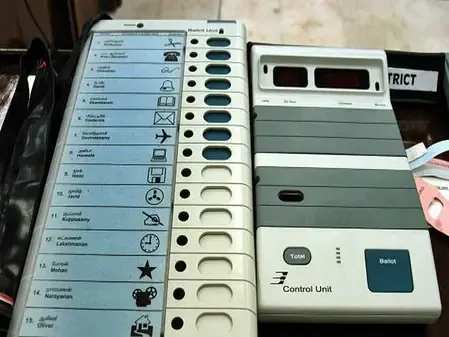How is PM Awas Yojana Realizing the Housing Dreams of Thousands?

Synopsis
Key Takeaways
- Thousands of homes built for the underprivileged in Beed.
- Women empowerment is a key focus of the scheme.
- Significant improvements in living conditions for rural families.
- Skilled employment training for rural masons in disaster-resilient construction.
- Plans for 2 crore additional houses to benefit nearly 10 crore individuals.
Beed, July 15 (NationPress) In the Beed district of Maharashtra, the Pradhan Mantri Awas Yojana (PMAY) has become a beacon of hope for underprivileged families. This initiative has enabled thousands to secure permanent residences, sparking joy among the beneficiaries.
So far, numerous individuals in the Beed district have received approvals for housing. Many have successfully completed their homes and have moved into their new, permanent abodes. The construction of houses for hundreds more is actively underway.
Years of longing for a stable home are now being realized through this scheme. Citizens are expressing their heartfelt gratitude towards Prime Minister Narendra Modi.
Shyamrao Maske, one of the beneficiaries, shared, "I used to live in a kutcha house; now I have a pucca house. I am deeply grateful to PM Modi for this. This scheme is a significant boon for the poor."
Another beneficiary, Krishna Prakash Shivgan, stated, "I owe my thanks to PM Modi for this initiative. It greatly aids the underprivileged. I am filled with happiness and extend my blessings to PM Modi for helping me secure a home through this scheme."
Launched in May 2014, Prime Minister Narendra Modi's vision and the government's unwavering dedication to creating and providing pucca homes for the economically disadvantaged culminated in the introduction of Pradhan Mantri Awas Yojana-Urban (2015) and Gramin (2016).
Under the Pradhan Mantri Awas Yojana - Gramin (PMAY-G), the government aims to construct 3.32 crore houses. As of November 19, 2024, 3.21 crore houses have been sanctioned, with 2.67 crore already completed, drastically enhancing the living conditions for millions of families in rural areas.
This scheme also prioritizes women's empowerment, with 74 percent of the sanctioned homes being owned by women, whether solely or jointly. The goal is to achieve 100 percent ownership for women. Additionally, skilled employment has been a focal point, training nearly 3 lakh rural masons in disaster-resistant construction techniques, enhancing their job prospects.
The construction of houses for an additional two crore households is projected to benefit almost ten crore individuals. This approval will facilitate the creation of high-quality, safe, and secure homes equipped with essential amenities for those without housing or residing in dilapidated structures. This initiative seeks to ensure the safety, hygiene, and social inclusivity of the beneficiaries.









